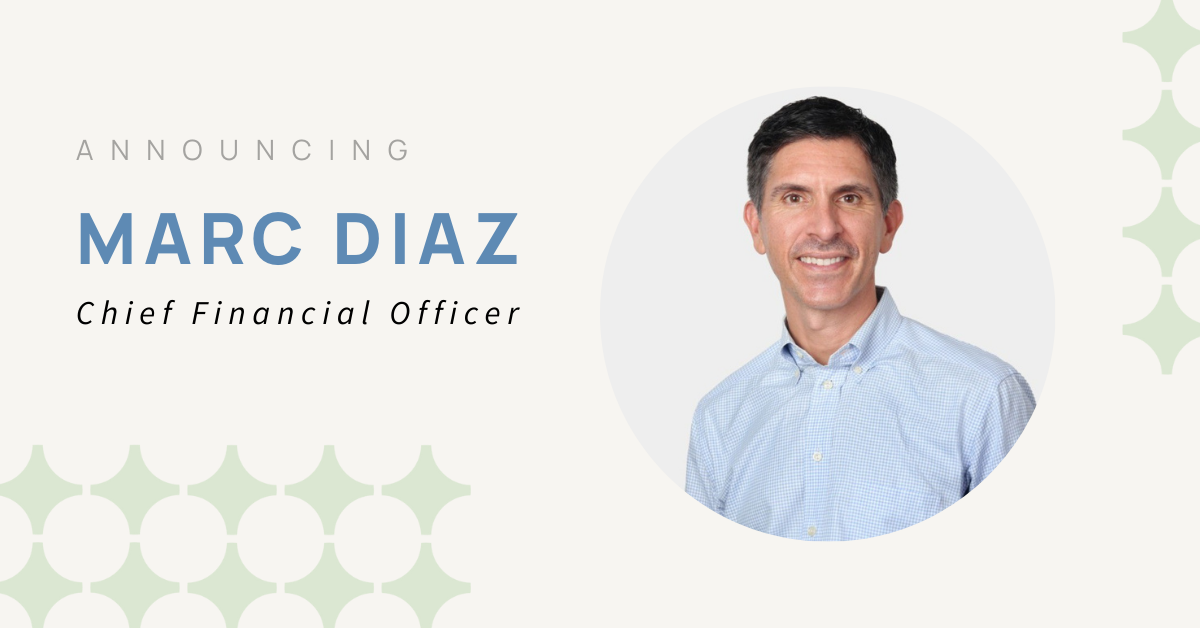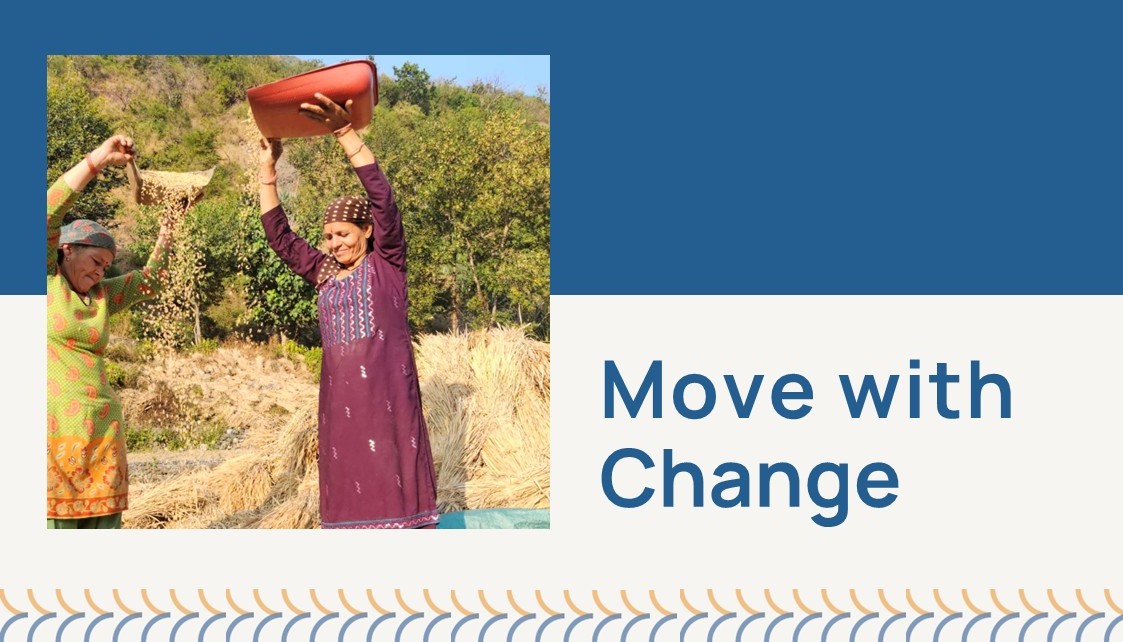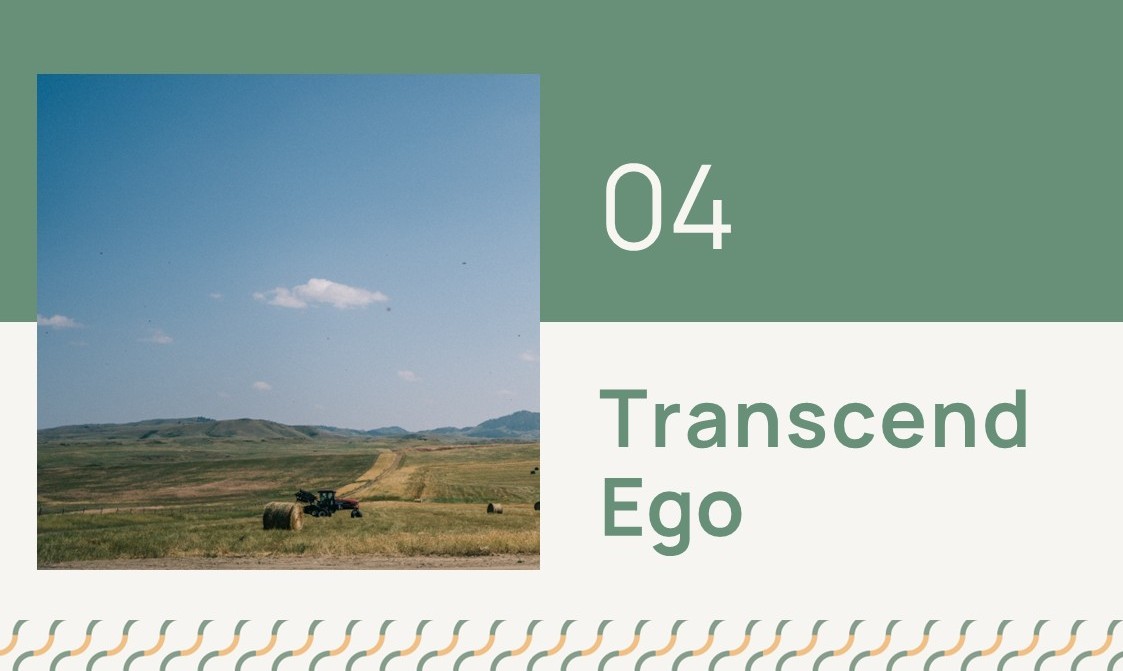Reflecting on my first day as an MBA intern at RSF Social Finance, I can remember how excited I was to spend ten weeks working with and learning from the top social finance professionals in its ranks. As someone with a background in private equity investing prior to business school at Stanford, I closely monitored the emergence of players such as Bain, TPG and KKR in the impact investing space. This entry of large private equity players into impact investing is evidence of the rising opportunity in the industry as negative externalities increasingly get priced into capital market transactions. With these developments in mind, I saw this internship at RSF—a firm with a 35-year track record at the cutting edge of impact investing—as an opportunity to build on my existing background and gain exposure to the burgeoning impact space. Moreover, I was thrilled by the prospect of applying my investing experience and latest learnings from my first year as an MBA to help RSF support the pivotal work of the social entrepreneurs in its portfolio.

Over the course of the internship, Susie Lee, RSF’s Chief Investment Officer, and the rest of the phenomenal team provided several projects and significant support for me to accomplish my learning objectives and craft a meaningful and productive summer experience.
Right out of the gate, my first project of the summer was supporting RSF’s Strategic Plan—a comprehensive evaluation of the organization’s past, present, and the opportunities that exist to continue to drive impact and build the field of social finance into the future. I worked closely with other members of the RSF team on evaluating how the organization’s offerings were positioned relative to peers in the space. Furthermore, I conducted a financial analysis of RSF’s key offerings to its investors, donors, and social enterprise borrowers and leveraged my previous experience in investing to gain new insights about the historical performance and relative contribution to operations of key RSF products such as its social enterprise lending program, collaboratives, donor advised funds, and Integrated Capital Institute. In retrospect, this competitive landscape analysis helped deepen my understanding of RSF’s unique Integrated Capital approach and its value proposition to its many different stakeholders.
In addition to the Strategic Plan, I worked with RSF’s external Investment Advisory Committee to refresh the company’s new investment strategy for capital held in donor advised funds (DAFs). Our analysis provides the Investment Advisory Committee and RSF’s new Director of Investments, Shu Dar Yao, with a solid foundation to set a new philanthropic asset investment strategy to keep the DAF offering a best-in-class impact investing product.
As the summer wound down, I had the chance to conduct due diligence on Dirt Capital, an early stage private equity fund focused on enabling organic farmers to become owners of their farmland and a potential new equity investment out of RSF’s Food and Agriculture Collaborative. Leveraging my background in PE investing, I worked closely with Social Enterprise Lending Manager, Meredith Storton, to bring this deal to RSF’s internal Investment Committee, where it was approved during my final week at RSF for a $250k investment.
I consider myself fortunate to have benefited from the RSF team’s deep expertise in innovative environmental stewardship as we brought this deal to the finish line. Furthermore, I am grateful to have gained a more personal understanding of the unique role RSF’s Donor Collaboratives play in the organization’s Integrated Capital strategy and to have had the opportunity to help the team build expertise in how they approach opportunities that supplement their extensive credit investments for social enterprises.
Throughout the summer, the entire RSF team supported my professional and personal development by involving me in projects that I wanted to pursue. The internship allowed me to leverage both my existing skillset and my desire to gain firsthand experience in impact investing and the social finance space. On a professional level, the opportunities I had to discuss topics ranging from the unique personal relationships each of us has with money to trends in the rapidly expanding impact investing space were instrumental in deepening my understanding of social finance and allowing me to grow as an investor.
In addition to the many rewarding professional experiences from the summer, I will take with me many warm personal memories from RSF. From our volunteering outing and picnic at Pie Ranch to hitting the food trucks after work at the Presidio’s weekly Off the Grid festivals, my colleagues at RSF were incredibly welcoming, supportive, and warm from day one. I am very thankful to the entire RSF team for helping me craft a summer filled with significant professional responsibility and growth as well as such close personal relationships. I look forward to RSF’s continued successes and will take all I’ve learned back to Stanford and beyond.
Tucker was a summer intern at RSF and is obtaining his MBA at Stanford Business School.


